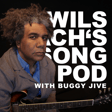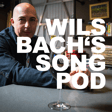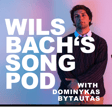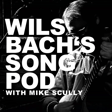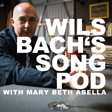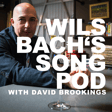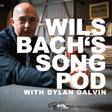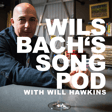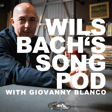
Hopedaddy
My guest today wears many hats. He’s a lawyer and Law Professor at Indiana University, has been a DJ at Bloomington, Indiana’s community radio station WFHB where his HopeDaddy moniker was born.
He and I crossed paths during my time in Indianapolis, where I knew him as a fellow live-music lover as we were often in the audience of the same clubs. Then in 2021 he took the stage himself as a songwriter and recording artist with the release of his debut album aptly titled Here I Come.
In a bit of a diversion I’m recording this intro AFTER our conversation. We had an interesting conversation about several of the songs from that record, the singles he’s been releasing leading up to its follow up, Songs of the Siren Wires. The Bruce, Johnny Cash, John Prine and other influences he brings to his Americana, roots-rock and to what degree the people around us realize that they can become characters in our songs at any given moment.
I enjoyed this conversation so much that after I stopped the recording we ended up talking for another twenty minutes. I hope you enjoy this conversation as much as I did so with that, please welcome to Wilsbach’s Song Pod recording artist Hopedaddy, also known as Mark Need.
To support my work on this podcast and my musical journey, come join me on Patreon (there’s a free option if your’e cheap or broke): http://www.patreon.com/wilsbach
